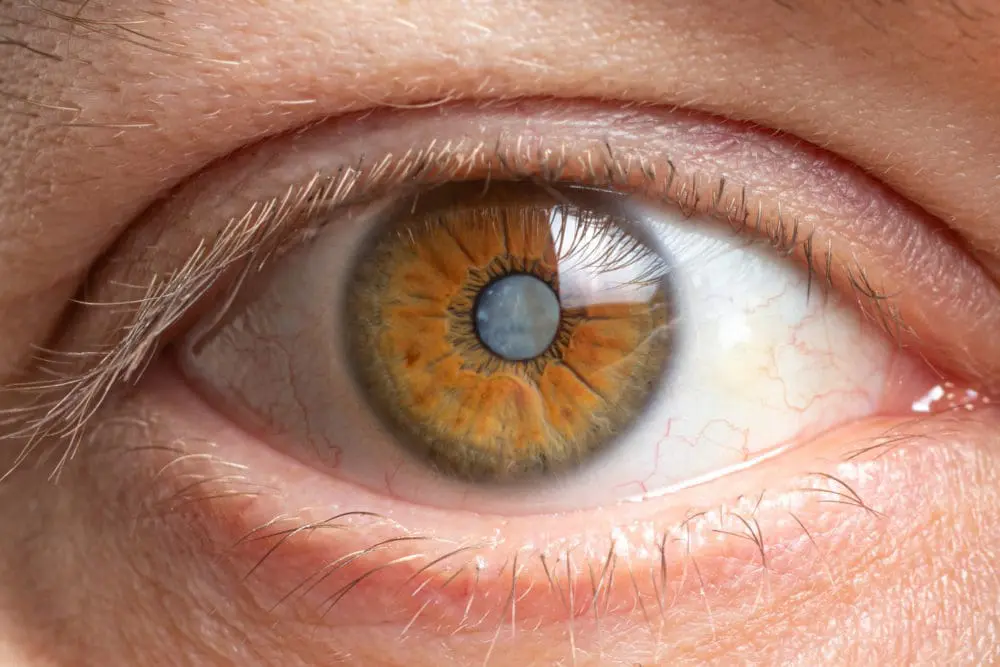The Impact of Long Waiting Times for Cataract Surgery

Has your vision has started to become blurry or you’ve started seeing double? Moreover, if you find it’s more difficult for you to read, and colours appear duller or yellowish, you may have cataracts—a common problem among the elderly. Fortunately, cataract surgery can restore your sight and the freedom to live. However, cataract surgery NHS waiting times may be too long.
Cataract is the most common cause of visual impairment worldwide, especially among the elderly. Over the years, the crystalline lens in the eye located behind the iris become hard and cloudy. The purpose of the lens is to provide fine focus and when it becomes hard (aged 42+) affects the abilty to focus and in time to come becomes increasingly cloudy impairing vision.
Cataract surgery involves removing the cloudy natural lens of the eye replacing this with an artificial lens. It is a safe and effective procedure that can restore your vision. However, the long cataract surgery NHS waiting times can negatively impact one’s quality of life, and this is why many people choose to have private cataract surgery instead.
What is the Waiting Time for Cataract Surgery in the NHS?
More than half of the population over age of 60 have cataracts and increases in prevalence with advancing age. Cataract does not just affect the elderly – in fact, nearly 17% of people aged between 40 and 59 years and 3% of young people aged between 20 and 39 years also suffer from this eye condition. [1]
Genetic and environmental factors also influences development of cataract. Environmental factors of concern are smoking, and exposure to ultraviolet light. Diseases such as diabetes and uveitis as well as use of steroids all increase the risk of cataract formation.
The Consequences of Long Waiting Times for Cataract Surgery
Visual loss from cataract is often gradual and not noticed by many until drawn to their attention by their opticians. However some report glare or poorer vision when driving at night resulting in reduced confidence. Others report difficulty in reading and performing simple tasks confidently. The risk of falls has been shown to be higher. A study conducted at the University of Ottawa Eye Institute concluded that “Patients who waited more than 6 months to undergo cataract surgery experienced more vision loss, a reduced quality of life and increased rate of falls compared with patients who had wait times of less than 6 weeks.” [2] Moreover, sometimes, falls due to vision loss from cataracts are often severe enough to require hospitalisation and end up negatively affecting one’s health and well-being [2].
Cataract Surgery: NHS verses Private Clinic – Is There a Difference Besides Speed ?
Cataract surgery is effective, its complications are minimal, and it will make a big difference in your life, restoring not only your sight but also your freedom and safety. The NHS will safely remove the cataract and provide you with a standard monofocal lens implant. However, they do not offer refractive cataract surgery, which means that in all probability prescription glasses may well be required for astigmatism and reading.
Centre for Sight is dedicated to serving the community by offering One-stop cataract surgery at a reduced cost. This service, designed to address long NHS waiting lists, allows patients to receive timely, affordable treatment. Our comprehensive approach includes all necessary scans, diagnosis confirmation with a consultant, and the surgical procedure—all on the same day. Similar to NHS cataract surgery, we replace the cloudy lens with a synthetic monofocal or single-focus lens.
References:
- Hashemi, H., Pakzad, R., Yekta, A. et al. (2020) Global and regional prevalence of age-related cataract: a comprehensive systematic review and meta-analysis. Eye; 34, 1357–1370.
- Hodge, W. et. Al. (2007) The consequences of waiting for cataract surgery: a systematic review. CMAJ; 176(9): 1285–1290.
- JAMA Intern Med (2022) Association Between Cataract Extraction and Development of Dementia. Feb 1;182(2):134-141.
- Hardwood, R. H. et. Al. (2005) Falls and health status in elderly women following first eye cataract surgery: a randomised controlled trial. Br J Ophthalmol; 89(1): 53–59.